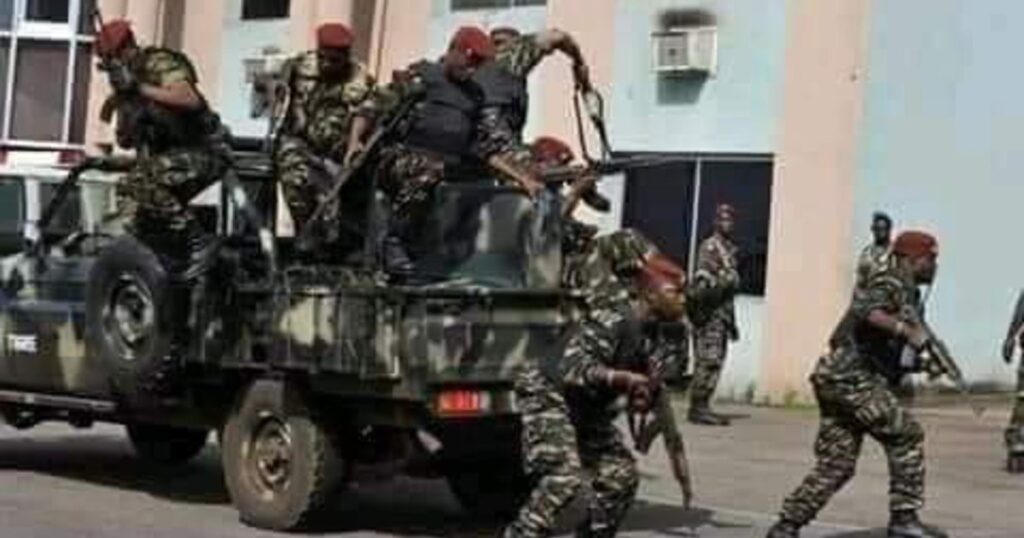Le Burkina Faso a rejoint, dans la nuit du dimanche à lundi 24 January 2021, la liste des pays ouest-africains qui ont récemment connu un changement de régime par la violence. Alors que le gouvernement avait tôt fait de déclarer que le soulèvement qui avait commencé dans la journée n’était qu’une série de mutinerie, mal lui en a pris lorsque les militaires ont fini par arrêter le président Rock Marc Christian Kaboré et bien d’autres autorités. Indeed, le pays des Hommes Intègre vient ainsi de rejoindre le Mali et la Guinée où des coups d’Etat ont emporté les dirigeants.
Mimicry or a sign of real discomfort, this resurgence of putsch challenges all the political classes of the countries which are still spared. Wherever power has been changed by force, the same reasons are mentioned, reasons that can be summed up in one word : poor governance. In Mali, Colonel Assimi Goïta justified his coup by the inability of the president of the transition to control the security situation in the country plagued by jihadist groups. The same argument is brandished today by the putschists in Burkina Faso where, for many months, terrorists operate with impunity.
In Guinea on the other hand, it is the lack of respect for the rules of the democratic game by the old president Alpha Condé which has, according to the putschists, justified their seizure of power. Democratically elected two terms in a row, the latter amended the constitution to maintain, what is considered by part of the political class as a constitutional coup.
Outside ECOWAS (Economic Community of West African States), Sudan and Chad have also seen changes of power by force. In all these cases, the seizure of power by a clan and/or the inability to meet the legitimate expectations of the population are direct causes of coups.
Sometime ago, a Burkinabe professor went viral on social media with a video in which he vehemently declared that not all coups are bad. More, the real question that we should ask ourselves is whether the coups d'etat bring solutions to the legitimate aspirations of the populations.
In Sudan, civilians and military teamed up to oust the autocratic president. More, for almost two years, the situation seems rather to turn into chaos, yesterday's allies tearing each other apart for power sharing. In Mali, after a first coup, Colonel Goïta found himself obliged to foment a new one, because the civilians to whom he returned the presidential chair were not, according to him, up to the expectations of the people.
Wherever coups occur, the solutions they constitute are in reality only illusions. This is the case of Libya which was one of the richest countries in Africa but after the death of Colonel Gaddafi is in great instability.
And so it has been since independence.. Known for his frequent coups, Benin had been nicknamed the Sick Child of Africa. One coup called for another, le dernier n’ayant pas apporté une solution au mal du pays. Le coup d’Etat est toujours une aventure à l’issue incertaine car dès lors que le cours normal de la vie politique d’un pays est interrompu par la violence, anything can be possible.
Pierre MATCHOUDO

